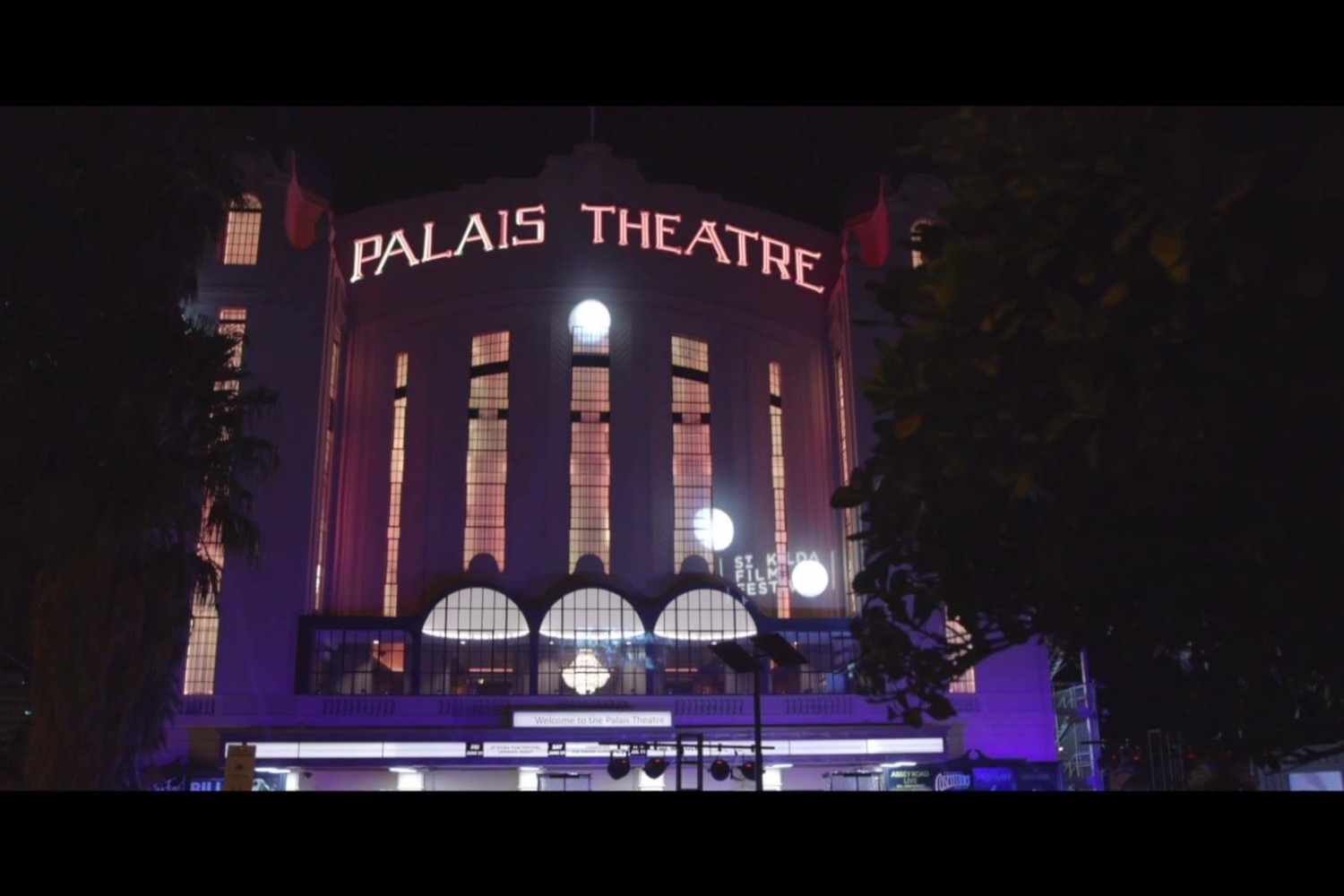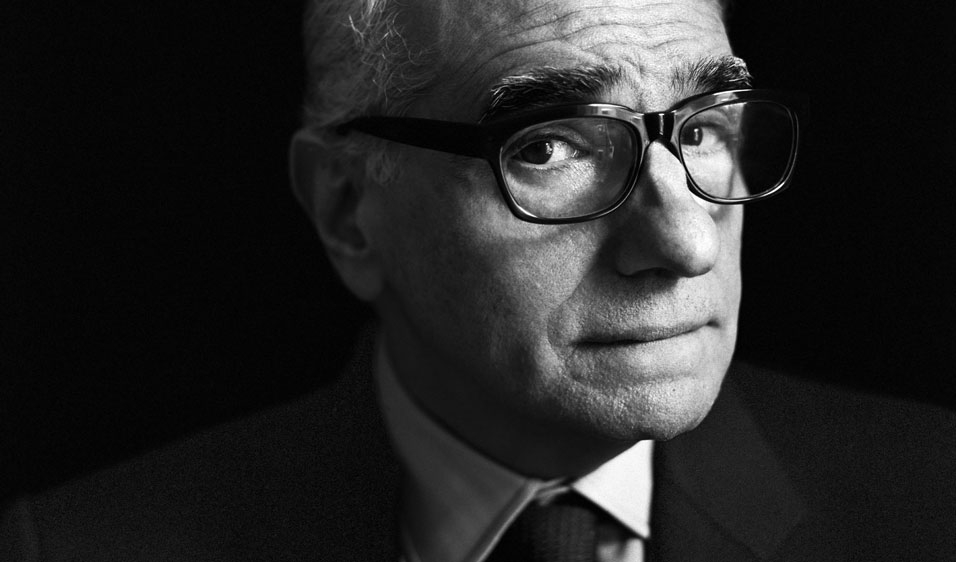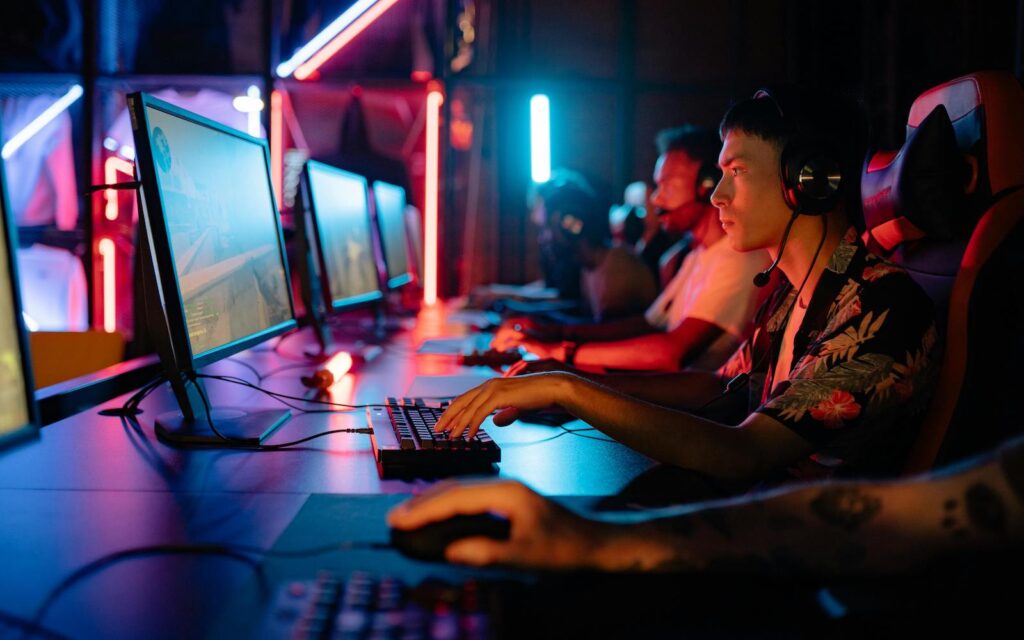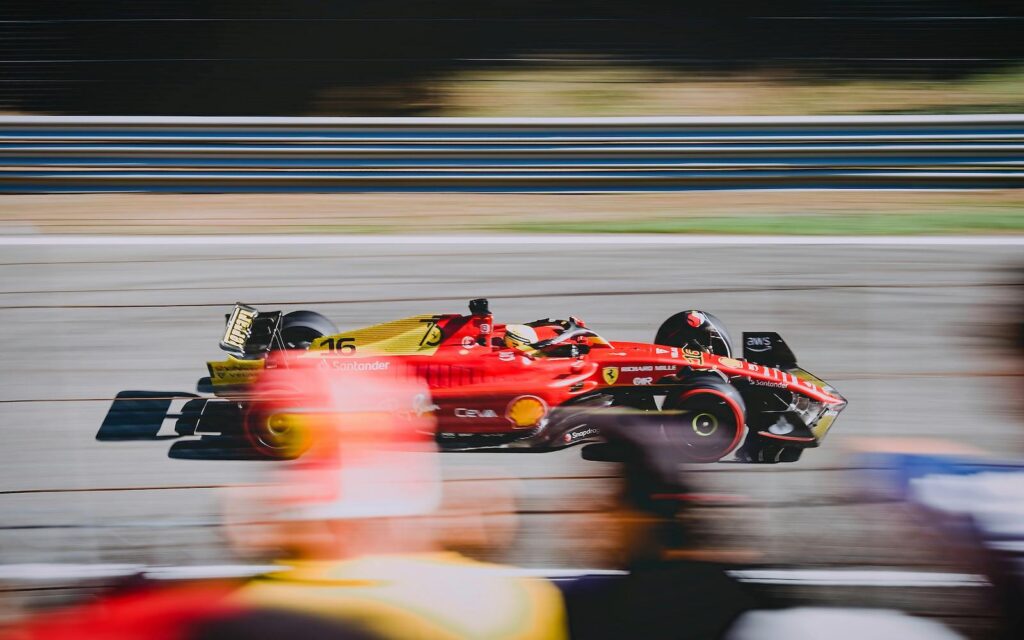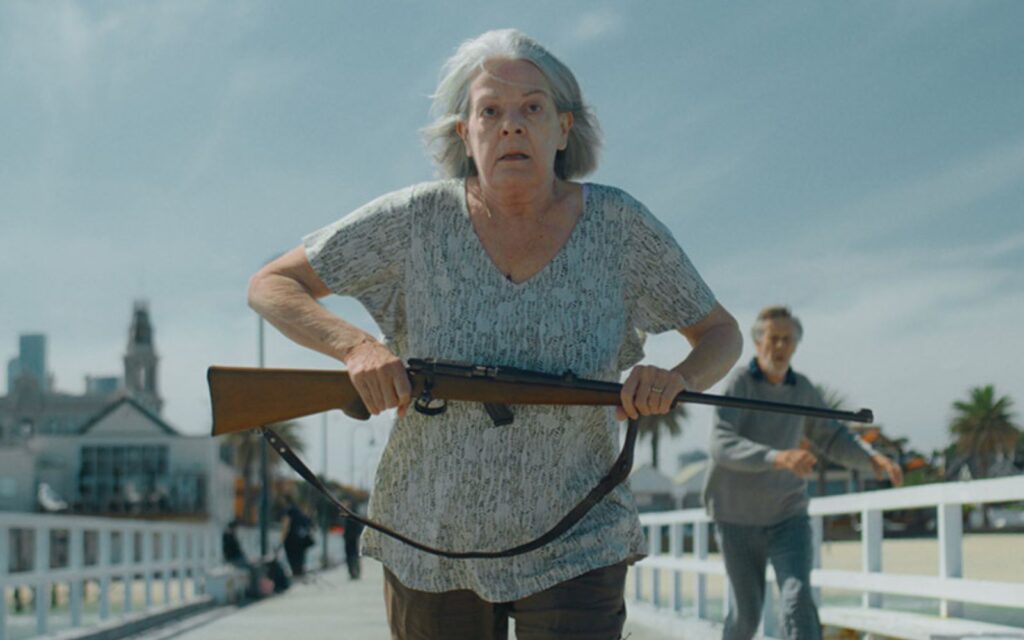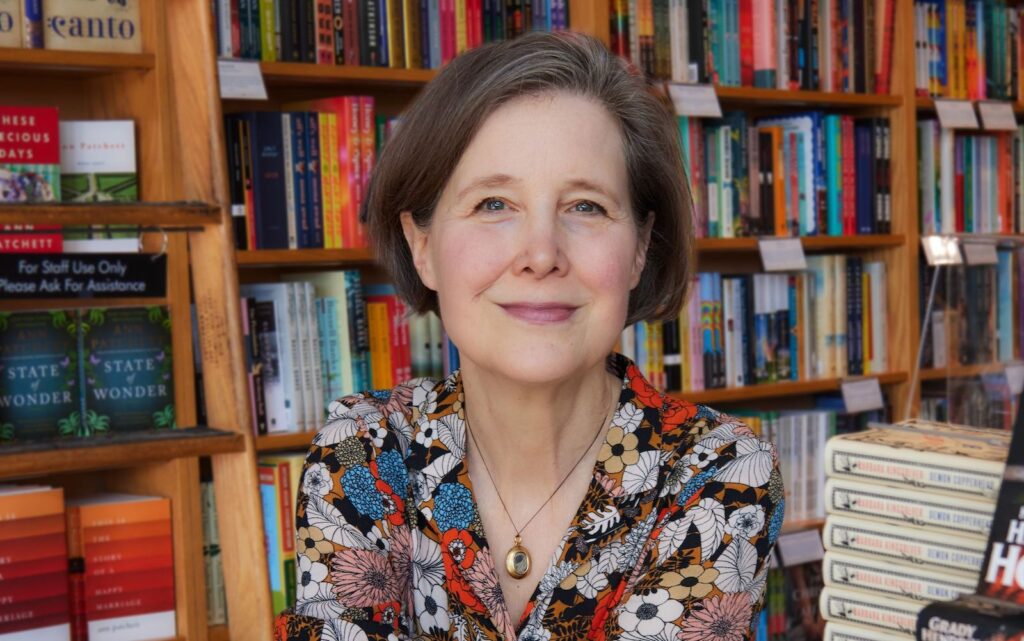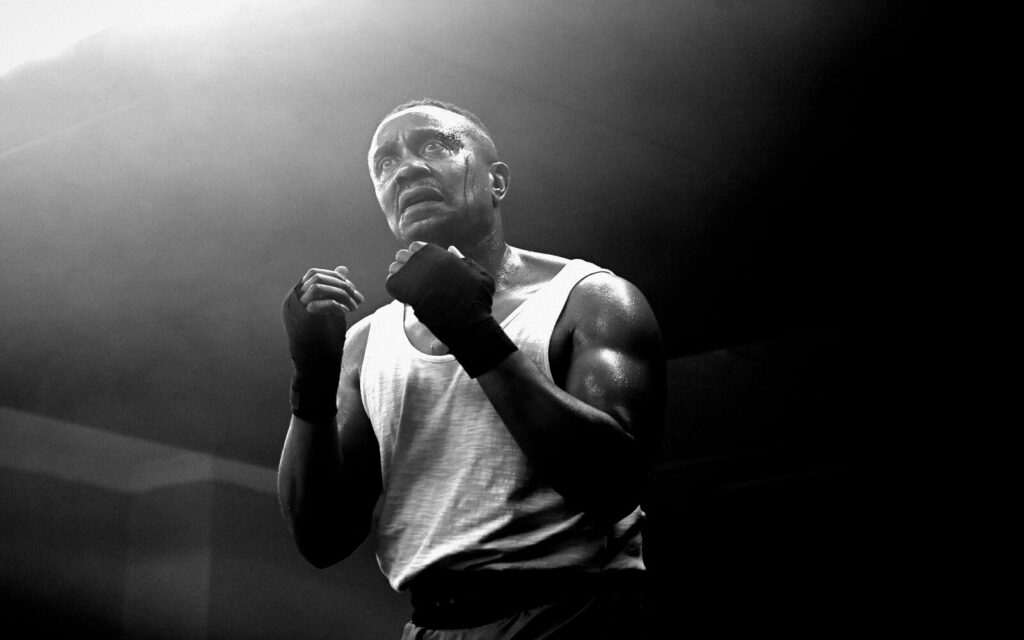Placing a spotlight on the works of emerging Australian artists, the St Kilda Film Festival is an avid supporter of up and coming filmmakers.
Along with its notable local standing, the St Kilda Film Festival is accredited by the Academy of Motion Picture Arts and Sciences and is now an Academy Awards qualified event.
“If you think of the film community as a big chain, we are a very important link in that chain,” says Harris. “If you’re making a short film and you think you’ve got something pretty good, you enter it in various festivals – maybe you enter St Kilda, maybe you enter MIFF and if you’re successful then you might get picked for an overseas festival. We are one now one of four of five festivals in Australia that is Oscar accredited. It’s an indication of how seriously our festival is taken, and there is a lot of integrity and credibility within the film community.”
Keep up with the latest Melbourne film and television news here.
In addition to creating an opportunity for local artists and film enthusiasts, the ten-day festival also brings over 13,000 people into the Town Hall and around the St Kilda area. “The festival began as a two-day event to celebrate short films and bring them to public awareness,” Harris explains. “Over the years it gradually grew to what it has become today. Most councils are only worried about picking up the garbage and making people pay rates, but I guess St Kilda has always had that kind of arts focus.
“We’ve got a pop-up cinema in the town hall, it looks fantastic and of course Carlisle Street is famous for its cafes, bars and restaurants. Also, it’s important for the filmmakers because their work gets seen, they get exposure and they get the chance to sit with audiences, watch the films and see how audiences respond to them.”
With over 600 short film submissions for this year’s top 100, it’s up to Harris to select the works worthy of one of the sought-after spots. Sharing with us the types of features he searches for in a film, the director ensures that it’s not about an endless budget or technical perfection.
“The films that get in have really earned their place, there are no charity cases,” Harris assures. “I’m looking for something that surprises me and takes me to a place that I haven’t been before. Something that excites me, that departs from the formula and stands out from the crowd. It doesn’t matter to me if a film might be technically crude, as long as it’s innovative in other ways. You can get films that are made on big budgets and technically they are fantastic and they have professional actors but they are a bit impersonal, whereas, someone could walk in off the street with a film that they shot in their backyard and it’ll really grab you because it’s got some kind of singular vision behind it.”
Another major aspect of the festival is SoundKILDA, an event that celebrates the forever-exciting music video. “It’s the only event of its kind,” Harris proudly asserts. “They are all Australian videos and you get to watch them on the big screen with the sound pumping out. We have judges including James Hewison who directed MIFF, and Peter Bain-Hogg who is the producer of RocKwiz.”
Other than the main competitions, there are various workshops, industry professional panels and free events available to the public throughout the festival. From viewing Sue Maslin’s first film to enjoying a web series collection, there’s a little something for everyone – whether you’re a promising artist, a massive movie buff or just looking to learn.
“It’s a bit like a smorgasbord,” says Harris. “If you go to any session at random you’re going to see a variety of work that’s quite inspiring. Every year we put on a free program and on Saturday the 21st we have ‘The Big Picture’ which is a full day of panels and workshops – all free of charge. If you’re not interested in seeing the films, you can come along to the festival nearly every day and there are lots of free activities taking place. It’s a fantastic opportunity for people who want to dip their feet in the water and are thinking of becoming involved in filmmaking to rub shoulders with professionals and learn about the aspects of creating short films.”
Ultimately, with the vast amount of advancement in film technology, there’s no wonder more creatives are beginning to explore the on-screen world. Harris reminds all budding directors and the like that the real challenge is not the equipment, it’s the ideas you have that allow your work to stand out in a crowd.
“It’s so much easier these days to go out and make a film. You don’t have to wait to get a government grant and you’re not restricted by cumbersome film equipment and getting the film developed. You can make a pretty professional looking film on a phone. Irrespective of what equipment you’re using, you’ve got to take people by the scruff of the neck and you’ve really got to make them notice your work. We live in a very cluttered media landscape; there’s so many calls upon our time that it’s difficult to make yourself heard – not difficult to do the work though.”
Visit the St Kilda Film Festival website here for tickets and more info.
